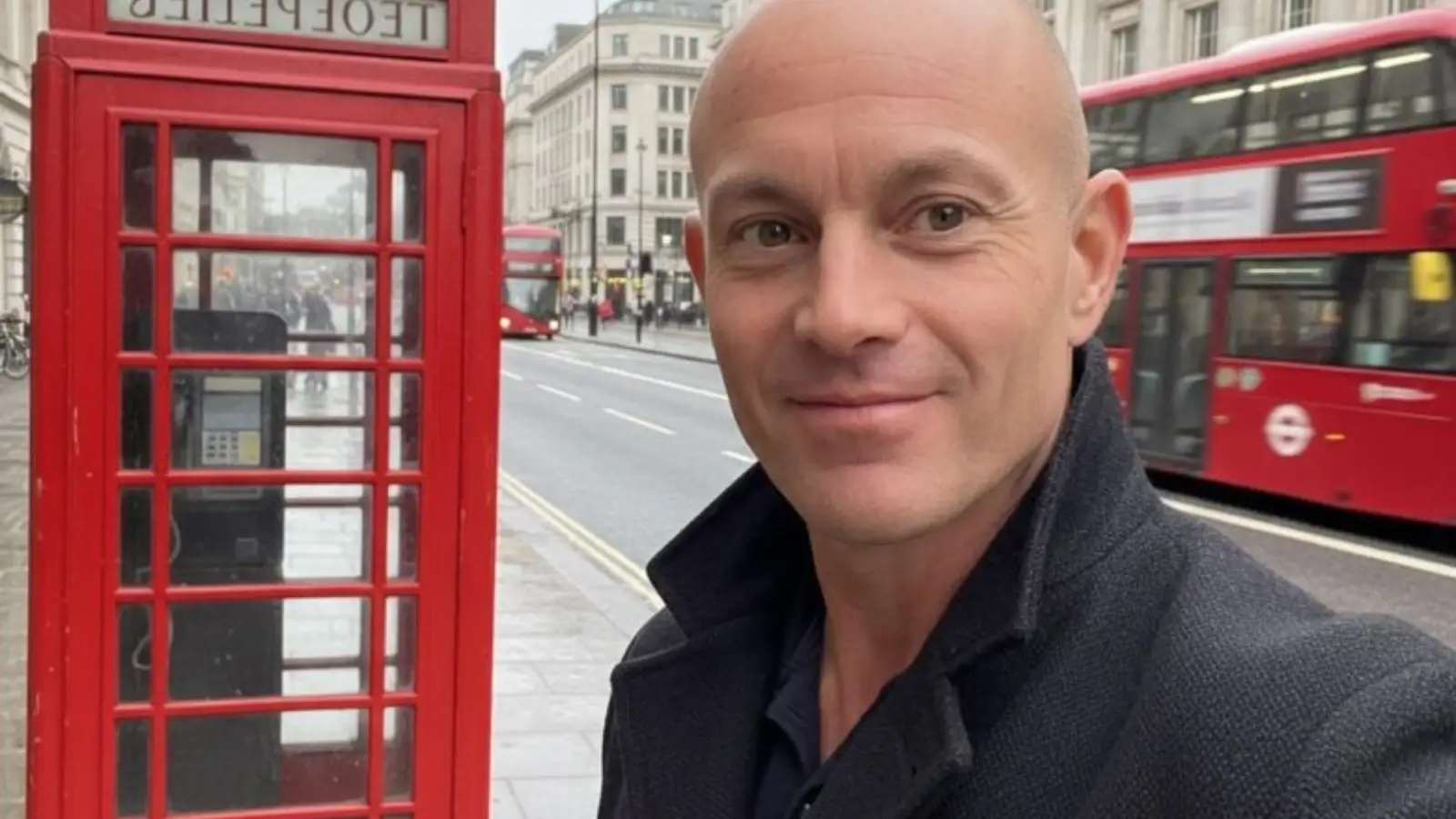Have you ever wondered why some leaders inspire teams to exceed expectations while others struggle to keep people motivated?
The difference often comes down to how well they are coached to lead. Effective coaching can unlock hidden strengths, sharpen decision-making, and help leaders inspire lasting change. For executives, it is the bridge between good leadership and exceptional influence.
In this article, you will discover how coaching can help leaders like you drive success, both for yourself and your organization.
Understand the Role of Coaching in Leadership
Coaching in leadership is a process that supports growth and improvement over time. It helps leaders unlock their potential by drawing out their own ideas and solutions. Instead of simply giving advice, coaching guides leaders toward discovering answers that fit their unique style and challenges. This emphasis on guided growth is also reflected in platforms like Daily Mentor, where e-commerce mentorship encourages individuals to develop their own strategic thinking by providing structured support that strengthens confidence and decision-making over time.
A skilled coach uses deep listening and insightful questions to open new perspectives. These conversations help leaders think more strategically and see problems from different angles. As a result, leaders become more confident in their decision'making abilities.
Coaching also strengthens the relationship between leaders and their teams. For busy high performers and executives working, guidance can enhance clarity and emotional resilience within leadership. With that in place, clients may also consider executive coaching services to deepen this journey. Professionals seeking tailored growth opportunities often benefit from executive career coaching in Raleigh-Durham, where experts like Laura Close provide personalized programs that help leaders refine their strengths and advance their impact.
Build Self-Awareness
Self-awareness is the starting point for becoming a better leader. It means understanding your strengths, your weaknesses, and the way you respond under stress. Leaders with strong self-awareness can adjust their approach to suit the needs of different situations.
This skill can be developed through tools such as self-assessments, performance reviews, and peer feedback. Reflection on past experiences helps reveal patterns in behavior that may help or hinder success. By paying attention to these patterns, leaders can make more intentional choices.
When leaders know themselves well, they can lead with clarity and authenticity. This builds credibility and trust with team members. It also allows leaders to be more open to growth and change.
Develop Emotional Intelligence
Emotional intelligence is the ability to recognize and manage your own emotions and the emotions of others. Leaders who master this skill stay calm under pressure and respond with thought rather than reaction. This creates a sense of stability and trust in their teams.
One key part of emotional intelligence is active listening. This means focusing on the speaker's words, tone, and body language without rushing to reply. It helps leaders understand the full meaning of what is being said, including the emotions behind the message.
Another important aspect is empathy. Leaders who show empathy can support their teams through challenges in a meaningful way. This connection builds loyalty and fosters a positive work culture.
Set Clear Goals and Outcomes
Clear goals give leaders and their teams direction and focus. Without them, it is difficult to track progress or measure success. Strong goals ensure that everyone understands what they are working toward.
Effective goals are specific, measurable, and realistic. They have defined timelines and clear indicators of success. Regularly reviewing progress helps maintain motivation and identify areas that need more attention.
When leaders create clear outcomes, they provide a framework for decision-making. Teams can prioritize tasks and resources with confidence. This clarity keeps everyone aligned and moving toward the same objectives.
Encourage Continuous Learning
Leadership is not a skill you master once and keep forever. It must be nurtured and developed through ongoing learning and experience. Continuous learning keeps leaders prepared for change and better equipped to face challenges.
Workshops, conferences, and leadership training programs are valuable ways to expand skills. They expose leaders to fresh ideas and new approaches. Reading books and articles on leadership also offers insights that can inspire action.
Mentorship is another powerful tool for growth. Learning from experienced leaders provides guidance that is grounded in real-world situations. This advice can help newer leaders avoid common mistakes and move forward with more confidence.
Foster Accountability
Accountability ensures that leaders take responsibility for their actions, decisions, and results. It is about being honest with yourself and others when things go right or wrong. Leaders who model accountability set the tone for their teams to follow.
Regular check-ins and progress reviews help keep goals on track. These meetings allow leaders to discuss what is working and address obstacles before they become bigger problems. They also encourage open communication and shared responsibility.
When accountability is part of leadership coaching, growth becomes more consistent. Leaders stay committed to applying what they learn and making changes where needed. Over time, this leads to stronger performance and greater trust from their teams.
Empower Others Through Delegation
Delegation is more than assigning tasks. It is trusting others with important responsibilities and giving them the space to succeed. Leaders who delegate effectively free themselves to focus on higher-level strategy.
Delegation also helps team members build their skills and confidence. It shows trust in their abilities and encourages them to take ownership of their work. This investment in people often leads to stronger overall team performance.
Good delegation balances guidance with independence. Leaders provide the resources and support needed while allowing team members to make their own decisions. This creates a culture where people grow and contribute at a higher level.
Measure Success and Adjust
Measuring success is key to knowing if coaching efforts are working. Leaders should compare results to the goals they set. This helps them understand what is effective and what is not.
Feedback from peers and team members is valuable. It provides a different perspective on leadership performance. Honest feedback helps leaders see where they can improve.
Adjusting strategies is a natural part of growth. No plan works perfectly the first time. Leaders who adapt stay relevant and effective over the long term.
Coaching That Turns Leaders Into Game Changers
True leadership is not about knowing all the answers but about creating an environment where growth and success become inevitable. Coaching gives leaders the tools to inspire, motivate, and lead with purpose. When leaders grow, the ripple effect can transform entire teams and organizations.
The journey to becoming a great leader never truly ends. With the right coaching, you can continue to evolve, inspire, and achieve greater success than you imagined.
We hope you enjoyed reading this article. If you found it helpful, be sure to check out our blog for more informative resources.

















